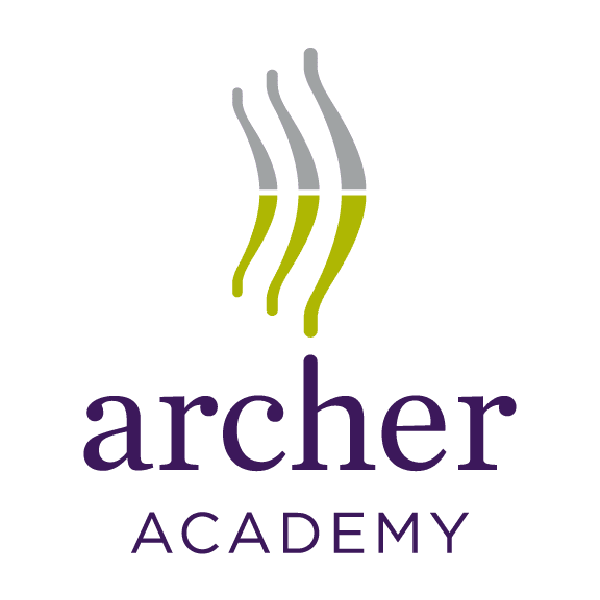Community literacy project






Year 7 Community Literacy Project
 The Archer Academy is delighted to be working with five of our partner primary schools on an innovative literacy programme, to help tackle the widespread post-SATS learning dip.
The Archer Academy is delighted to be working with five of our partner primary schools on an innovative literacy programme, to help tackle the widespread post-SATS learning dip.
The scheme has seen teachers from the Archer Academy and Year 8 students working alongside colleagues and students from Brookland Junior School, Garden Suburb Junior School, Holy Trinity Primary School, Manorside Primary School and Martin Primary School, to deliver a five-week programme across May and into June, built around classic work, The Phantom Tollbooth by Norton Juster.
Why did we choose The Phantom Tollbooth? The Phantom Tollbooth is one of the top 50 books all children should have read by the time they leave primary school, as suggested by authors and compiled by the Independent. The book, nominated by Philip Pullman, focuses on a bored child who is whisked off on a series of journeys to different lands; ideal themes for children about to start an exciting journey of their own.
This programme, is the first of its kind in the local community and has been a labour of love for Archer Academy and primary school colleagues. The scheme of work that supports the programme has been created collaboratively by teachers from all six schools. As well as supporting the students’ literacy and language skills, it will also help smooth the transition process, something which all headteacher colleagues agree is critical to a successful school career.
As Lucy Harrison explains:
“We know that Year 6s (and their teachers) work extremely hard in the run up to SATS and have a well-deserved, less intense half term afterwards. My headteacher colleagues and I agreed that it would be great to find an enjoyable way to keep some momentum going, so that they don’t have a learning dip which then makes the transition to secondary school harder.
“The programme isn’t designed to feel like work; it’s a fun scheme which will help the students explore their creative side and remind them of the pleasure that a great book can bring. We’re hoping it will inspire a love of reading and learning, as well as helping them keep their brains engaged.”
Underpinning the fun is a detailed plan for developing the skills which will help the students thrive in their secondary school English lessons. As Lucy continues,
“The students probably won’t notice, as they’ll be enjoying themselves too much, but the programme is designed to boost their vocabulary and help close the word gap, enhance their language analysis skills, improve their understanding of literacy devices and improve their creative writing.
“It will also support more general learning skills such as resilience, reflectiveness and respectfulness which will help them thrive in a secondary school environment. And we hope it will also help books in the ongoing battle for taking their attention away from screens.”
Wendy Rennie, Head of School at Manorside Primary adds:
‘The commitment and passion behind this project will inspire and nurture our youngsters to grow as writers with a love of literacy. Outstanding teachers have worked together on the ideas and activities that will capture the enthusiasm and talents of many young people as they grow and move on. Thank you to everyone involved, I am really looking forward to experiencing ‘The Phantom Tollbooth’ for many years to come.’
Jenny Aylen, Headteacher at Brooklands Junior School explains:
“The dip in children’s performance at transition is well documented and it is logical that children learning in a totally new context will not show their skills as fluently as in a familiar one. This project is an engaging, personal and precise tool for enabling a familiar context for reading and writing to accompany the children from year 6 into year 7. The project has also provided a wonderful professional development opportunity for our staff and chance to enjoy working closely with colleagues in other schools.”
Eileen Bhavsar, Headteacher at Garden Suburb Junior School adds:
‘Involvement in this collaborative project has resulted in a quality unit of work that will develop the children’s skills in reading and writing and inspire them to achieve ‘greater depth’. Moderation of the writing outcomes from this project will also be a useful assessment tool.’












